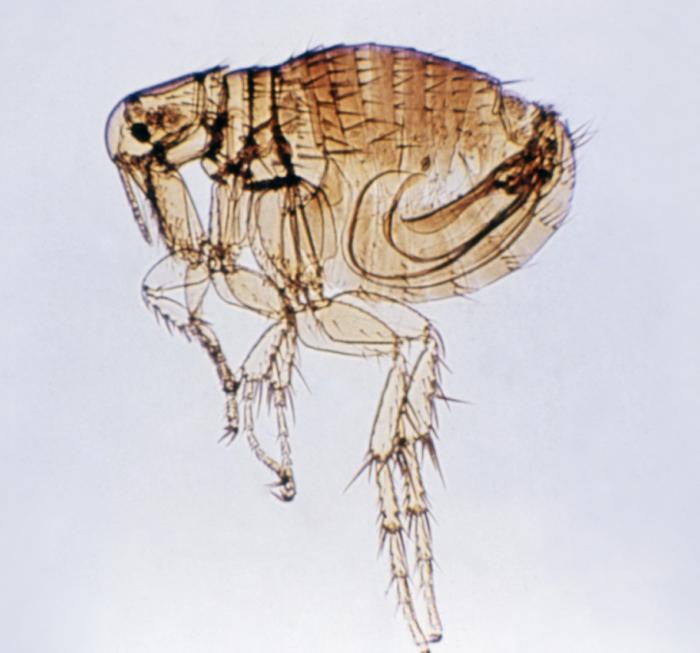The City of Albuquerque Environmental Health Department, the New Mexico Department of Health and the Bernalillo County Health Protection Section announced today that a stray cat found in North Albuquerque Acres was confirmed to have died of plague. A recent case of plague in a dog in the same vicinity could indicate re-emergence of plague in a part of the city where it was no longer thought to be found.

“Our ongoing surveillance has not detected plague in North Albuquerque Acres since the late 1990s,” said Dr. Mark DiMenna, Deputy Director at the City’s Environmental Health Department. “We are asking residents in the area to report any pets, wildlife or feral cats that appear to be sick or to have died without obvious physical trauma to 311.”
Cats are particularly susceptible to plague, and plague can readily be spread among cats in feral colonies. Health authorities advise those working with free-roaming cats to be aware of symptoms of plague in both humans and cats, and to report sick cats that may be displaying those symptoms.
Symptoms of plague in cats can include swollen lymph nodes, vomiting, diarrhea, loss of appetite, as well as presence of abscesses, discharge or bloody sputum.
Most people contract plague from the bite of an infected flea, or through direct contact with bodily fluids from an infected animal. Symptoms in humans typically appear 1-8 days after exposure, and may begin with painful, swollen lymph nodes or sudden fever and can progress to severe headaches, muscle pain, nausea, vomiting, diarrhea, eventually leading to shock and internal bleeding. Left untreated, or if not diagnosed promptly, plague can be fatal in humans.
Plague is a bacterial infection. The causative agent is common in many parts of New Mexico, including the Sandia Foothills and eastern Bernalillo County.
“Plague can cause serious illness in both people and pets. We urge people to avoid handling sick or dead animals,” said Dr. Paul Ettestad, State Public Health Veterinarian with the New Mexico Department of Health. “People who have been exposed to possibly infected animals or have flea bites, and who develop a fever, should consult a health care practitioner immediately.”
To avoid exposure to plague:
- Avoid contact with wildlife, alive or dead. Sick or dead animals in Albuquerque from North Albuquerque Acres or east of Tramway can be reported to 311.
- Avoid flea bites by wearing an insect repellent with ingredients demonstrated to be effective, which may include: DEET, picaridin, oil of lemon eucalyptus, or IR3535.
- Ensure that year-round flea and tick control is applied to pets.
- Prevent pets from hunting or eating wild animals. Contact a veterinarian if your pet becomes ill with a high fever and/or swollen lymph nodes.
Related:


One thought on “Albuquerque: Stray cat dies from plague”